Industry Features, Press Releases & Impact on Students, Schools and Communities
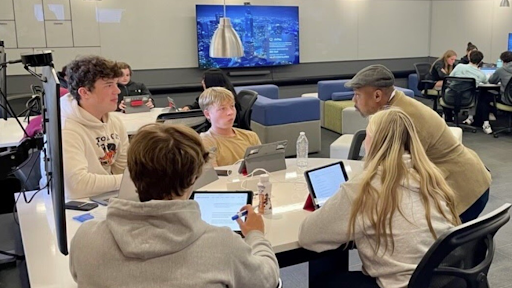
How to Start Investing in New Pathways
With a new $250,000 state grant in hand, a small exurban district superintendent asked for advice on how to invest in #NewPathways. Following are 10 ideas along with some leading examples.
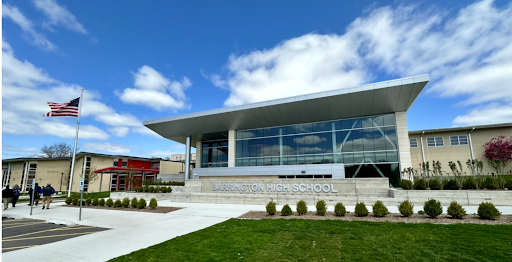
The State of the American High School in 2024
Over the past 120 days, we’ve conducted tours of over 50 high schools in more than 1,000 classrooms across various cities including Boston, Dallas, Los Angeles, Northern Colorado, Kansas City, Twin Cities, Pittsburgh, and San Diego. These schools were purposefully selected for their dedication to real world learning, positioning them at the forefront of innovative education. These visits showed schools leading the way into new pathways, active learning methods, and work-based learning initiatives. From our observations at these leading schools, we’ve identified 8 key insights about the state of American high schools.
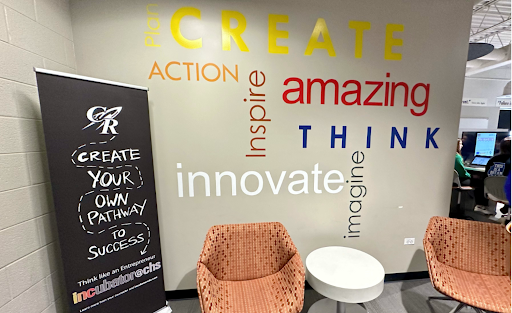
Real World Learning in Chicagoland Pathways
For the last five years, Kansas City educators have been visiting high schools across the country in search of great examples of Real World Learning, including client projects, entrepreneurial experiences, internships, college credits, and industry-recognized credentials. Last month, a group of principals visited rural, suburban, and urban Chicagoland high schools featuring real-world learning experiences in career pathways.
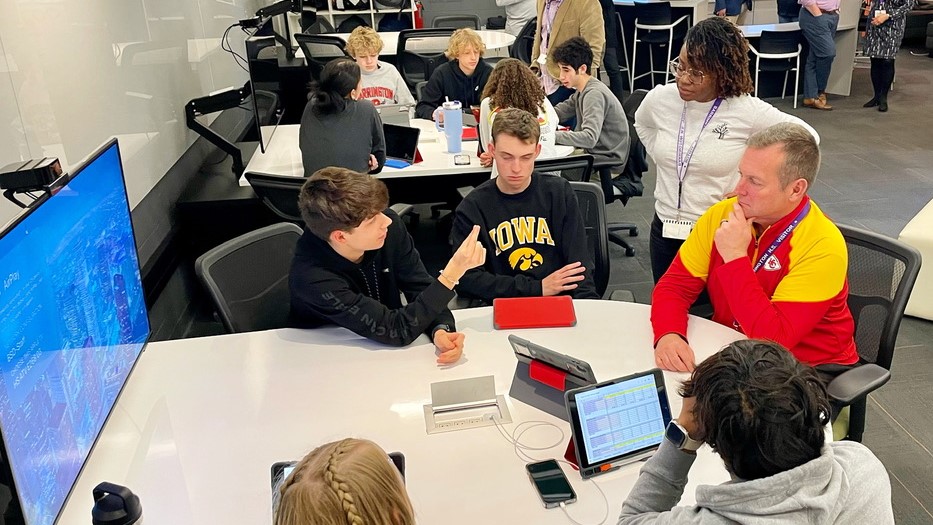
Inviting Learners into Work That Matters
This spring, we’ve found pockets of excellence in three dozen high school visits...where we’ve spotted evidence of deeper learning (i.e., engagement, critical thinking, excellent public products). It’s been work that matters to the learner and their community– it’s relevant, purposeful, and consequential work.
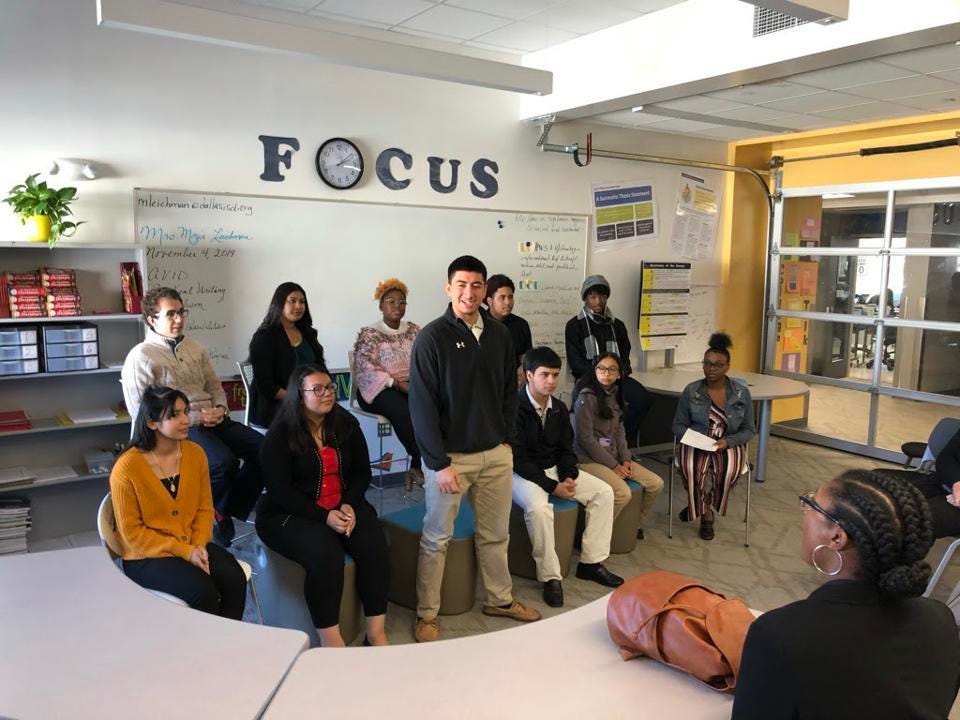
The State Of Global Entrepreneurship: With Great Disruption Comes Great Opportunity
The Global Entrepreneurship Monitor has recently published their annual report which shines a bright light on this divide between opportunity and disruption, inviting policy makers and leaders to think differently about entrepreneurship: where does entrepreneurship education, policy and infrastructure collide?